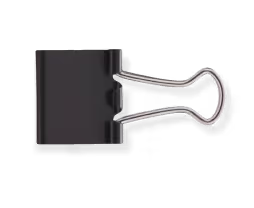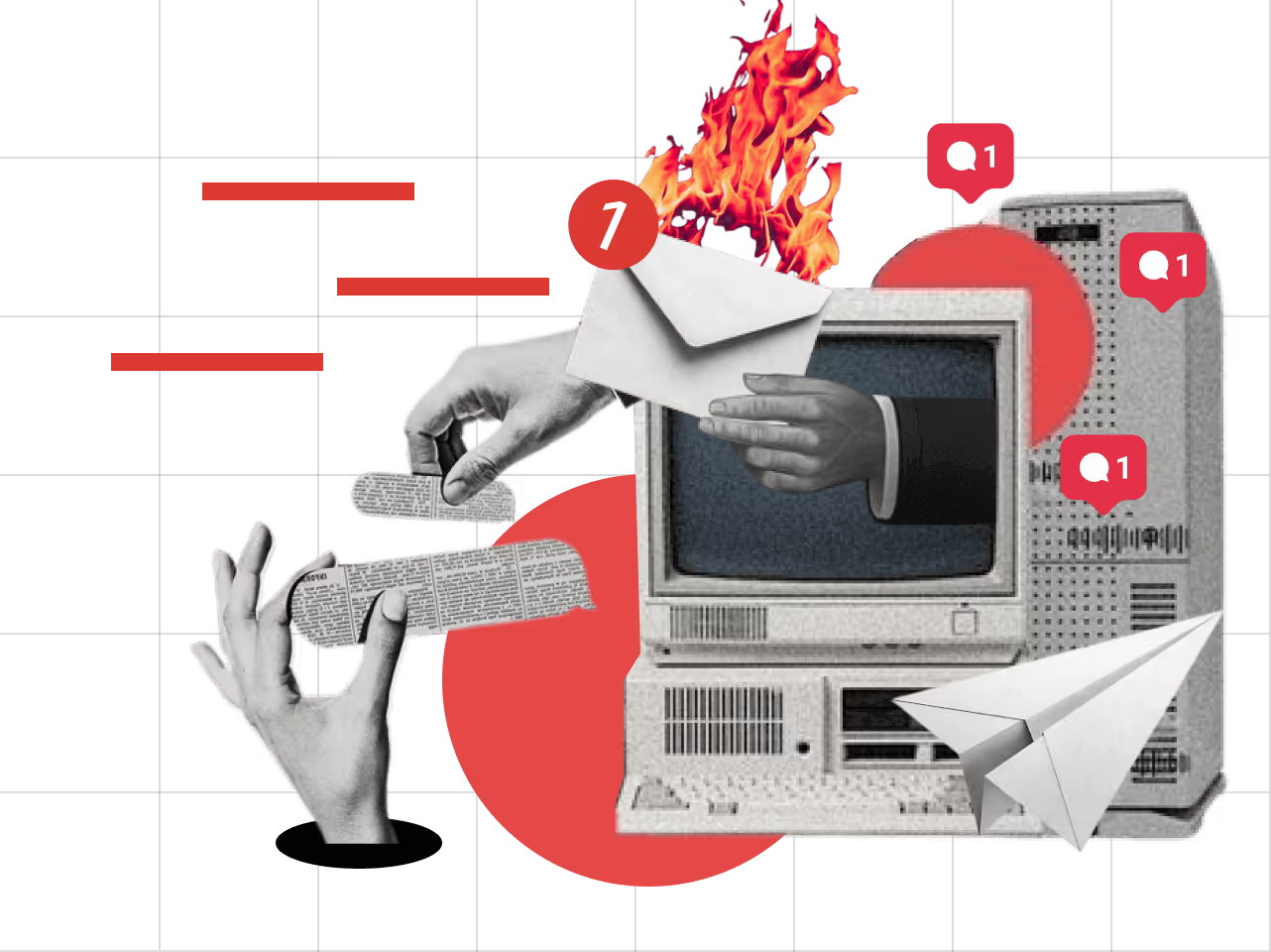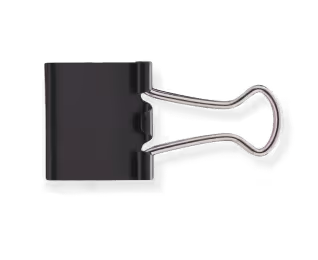The year was 2017. The earth was scheduled to end (AGAIN) on the 23rd of September. (Spoiler Alert: It didn't.)
I was in the middle of a SaaS rebrand— the one that's all about the new additional snazzy game-changing features, the new swabs of colours and trendy illustrations, the less 2002 design, more now: the 'Version 2.0' that has a new name, a new direction!!
It was fun, it was exciting and everyone on the team was infected with joy.
But I remember thinking: What does this rebrand mean to the customers?
This question really switched up the chess board for me (as the saying goes).
But I brushed it aside. I was a young designer and was easily excited by conversations about fonts, excuse me.
But over the course of two years, my job often went beyond design: sometimes I'd find myself brainstorming with CEOs about churn, learning pricing strategies, doing customer interviews for insights—all with a (sorta) design point of view.
By the time 2019 dawned, I realised there was a core problem with how a lot of businesses went about their...business. All companies wanted a few things: higher MRR, lesser churn, more and happier customers...things YOU probably want.
But here's the thing: I've run special seasonal offers on products, A/B tested pricing pages, done customer interviews, social media engagement—all of it.
I've assisted product improvements and competitor analyses.
I've seen companies give out discount coupons if customers rate them 5 stars.
I've seen hundreds of tactics tried—both smart, and cheap, to push customers to buy more.
BUT. There is one fatal flaw that offsets all these efforts.

Positioning and messaging.
What you and most SaaS startups are doing wrong:
There's thousands of products in the market, pitching to YOUR customers.
Right from market giants to newer start-ups, everyone is trying to grab a slice of attention of a broad group of target customers through ads and other viral marketing tactics.
But you don't have to do that.
You don't have to cater to wide, generic audiences with vague, generic messaging.
You don't have to fall into the same indiscriminate mass of mediocre SaaS companies.
What you really need to do is define yourself.
You need a brand that makes customers go: This is EXACTLY what I was looking for.
And you only need customers who say that about your product. Stop selling to lukewarm people, stop selling to people who don't want your product.
Now, looking at the SaaS companies I was working with: We had let the default positioning run us over—we failed to actively mark ourselves out to customers with a loud and clear market category, we did not chalk out our best customers and we certainly did not channel all our marketing efforts in the same direction.
That didn't kill the businesses. Sure.
But it stopped us from getting to the top. Because when you allow the tide to take you where it goes, it can easily go WRONG. Really, not-market-leader, insignificant product wrong.
As soon as I had realised this, I knew I couldn't just continue doing design: I simply HAD to make a difference!
Amazing user experience and breathtaking animations and the right colours just could not cover the huge gap left behind when visitors did not understand the product.
They fell flat when visitors didn't understand why the product was worth buying.
They didn't change the visitor's decision to NOT buy a product.
And I wanted to change their mind.
So I switched gears and combined the two. Designing websites and product positioning.
I decided to make websites that focussed on the best customers of the SaaS product, their pain points and their needs, websites that differentiated the product from the rest of the competition using the best features of the product and its targeted audience.
Websites that were an extension and reflection of the product's value.
Because positioning and messaging can change the way the world looks at you. Like how you look at Christopher Walken once you know he was a lion-tamer before he got into the acting biz.

I suppose you're thinking: Sure, Sumit, a kickass, high-performing, customer-centric website can makeover how my product looks.
But what about the numbers? Does it really change anything? Is it worth spending my time and money on?
To that, I say: Patience, Bernard. I'm coming to it.
Why you should care:
- Your prospects don't really get what you do?
With the right context guiding them, and crisp, no BS copy, your customers will never be confused about what your product is and what it does. And when they understand the product and its value in their lives, your conversion rate automatically goes up. Your customers will ACTUALLY understand your product!
- Customers constantly requesting new features that you never plan on developing?
With the right positioning, customer expectations match the customer experience. Customers sign up for your product knowing exactly what it is and what they will get out of it. This equals to happier customers!
- Losing out to competition and churning customers?
Landing pages that target specific sections of your audience position your product to meet their particular needs and solve their problems—higher conversions with lesser churn. A perfectly positioned website allows you to stand out in the market and make your unique features and your value known to your target audience.
- Your MRR is low because your website sucks at acquiring customers?
This is exactly what well-positioned websites do: Consistently and predictably convert customers because they know exactly what'll hit home for the customer. And you bet such websites convert people who are around to stay. More and loyal customers!
- Under great pressure to reduce prices?
Once you stop selling your features and start selling value ie. show people how you're a crucial part of their business and better than anything the market has to offer, you stop calculating profit margins. People will buy your product because they need it and the value it brings.
After that, you only develop your product further for customers who actually use your product—customers who won't churn after a few days of giving feedback.
You develop for customers who are dedicated to your product.
Your customer support team doesn't have to explain what your product does a thousand times.
Your sales and marketing team can get straight to the concrete business stuff and skip the small talk: and your marketing efforts are 100% more rewarding—because now they know who they're trying to convince and about what.
I KNOW RIGHT?
It's just a better way of working!
I seriously considered before hauling my entire career path to this new road, but in the end, it NEEDED to happen. There were too many companies with websites that didn't tell the customers the right things, and I didn't want to sit around and NOT help that.
It was time for a....

Here's why I left a high-paying secure job, and turned to positioning:
I had been working as a semi-positioning angel for years: only, I wasn't getting paid for it. TIME TO CHANGE THAT. Jk.
But I simply did not fit as a designer anymore, due to the variety of roles I picked up with the companies I worked with.
I was doing more than creating banners or beautifying websites, and the experience had given me a lot to work with.
I'd spent years studying and learning about positioning and how to align SaaS businesses with market demand. I had experimented with copy and design to see what formats best converted customers.
I had the capacity to take on positioning, and make an actual impact on a business's MRR through it.
But taking on positioning as a whole would mean letting go of design. And I was not ready to do that.
I wanted a way to combine the two to provide optimum value, and voila! My new career path was forged.
All that is fine...but what exactly do you do?
Nice of you to ask. I now make pancakes on a street in NYC!
Just kidding!
How I can make you a totally badass website and help you acquire 2X more customers:
I take on the end-to-end process of creating a website that makes people go: Shut up and take my money! (Did someone already use that? Please tell me this is a Sumit original. Yeah, no)
- I start with customer research: Identifying your best customers, ones who love your product and use it with much praise!
This is the most important and oft-ignored part of building a website! As Jesus said KNOW THY CUSTOMER!
- Once we have identified your ideal customers we need to find out WHY they love your product.
Their pain points, their requirements, what made them choose you over competitors: all of it. Your next best customers from this segment will care about the same things!
- Learn their language—understand how your customers describe their problems and the solution, so that when you speak to your visitors, you're both on the same wavelength! Vibe hard, bro.
- Through the above three steps, I figure out the best positioning for your brand that makes your product shine.
I combine it with the right messaging that allows your best customers to be directed to you effortlessly.
- Then, I create a website that is built to convert, by targeting your best customers and communicating the true value of your product.
A website that makes you stand out among the crowd, and stops 80% of your visitors from abandoning your product!
And that folks, is what I do! Value-based websites over pretty ones!
Think this is totally your jam? Are you struggling to convert visitors? Not sure what your customers think about you?
Let's talk about it! You can book a free Clarity Call with me anytime: and we can discuss your business's specific requirements and audience and how you can make your website rad!
Orrrr....you can learn my process for yourself and apply it to your website, for free.
Either way, LET'S MAKE IT HAPPEN!
































